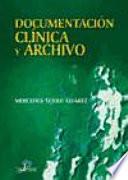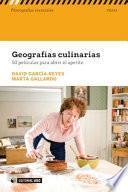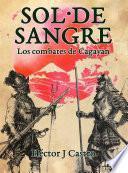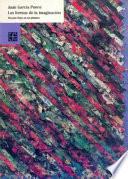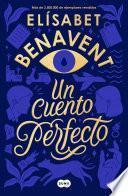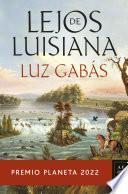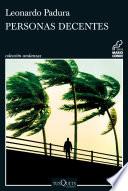Perder la forma humana
Sinopsis del Libro
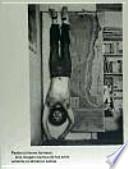
'Losing the Human Form: A Seismic Image of the 1980s in Latin America' evokes an image of the 1980s in Latin America that establishes a counterpoint between the effects of violence on bodies and the radical experiments in freedom and transformation which impugned the repressive order. Stricken bodies / mutant bodies. Between horror and festivity, the materials gathered show not only the consequences of mass disappearances and massacres under dictatorial régimes, states of siege and internal wars, but also various collective urges to devise modes of existing in a permanent state of revolution. The exhibition points out the multiple and simultaneous appearance of new ways of making art and politics in different parts of Latin America in the 1980s. It presents the results of an ongoing research project, conducted under the auspices of Red Conceptualismos del Sur, whose first phase has concentrated on certain episodes in the Southern Cone, Brazil and Peru, with the inclusion of some individual case studies in Mexico, Colombia and Cuba. The historical period under consideration begins in 1973, the year of Pinochet's coup d'état in Chile, and continues up to 1994, when the Zapatista movement inaugurates a new cycle of protests that relaunches activism at an international level. The period corresponds to the consolidation of neoliberalism as a new hegemony, the demise of the real socialisms and the crisis of the traditional left. The exhibition renders this panorama complex by retrieving experiments which suggested forms of resistance through fragile supports like serigraphy, performance, video, poetic action, experimental theatre and participative architecture. These practices can be grouped into three main areas. The first is visual politics, driven by social movements like the Mothers of the Plaza de Mayo in Argentina and Mujeres por la Vida ('Women for Life') in Chile. The second is acts of sexual disobedience, which include experiences of transvestism and corporalities that defy the traditional construction of genre. The last is the underground scene, which used music, partying and the 'do-it-yourself' ethic to construct microcommunities and so make it possible to re-establish the social ties broken by terror. All these experiments led to a loss of the human form, tensing and warping the humanist concept of the subject, and gave rise to new subjectivities that meant a crisis for familiar modes of existence and a transformation in ways of understanding and engaging in politics.-- www.museoreinasofia.es
Ficha del Libro
Subtitulo : una imagen sísmica de los años ochenta en América Latina
Número de páginas 284
Autor:
- Roberto Amigo Cerisola
- David Gutierrez Castañeda
Categoría:
Formatos Disponibles:
MOBI, PDF, EPUB, AZW
¿Cómo descargar el libro?
Valoración
3.2
54 Valoraciones Totales
